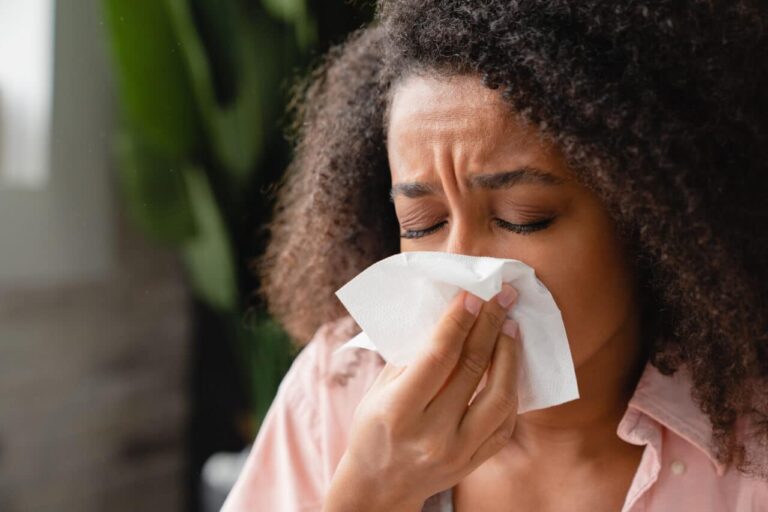Do you experience allergy symptoms after eating certain foods or when you’re out walking at White Point Garden in Charleston? If so, genetics may be to blame.
How Allergy and Genetics Are Connected

If someone in your family has allergies, it makes it more likely that you’ll develop them as well. This is especially true if your parents have allergies. Research tells us that children are 50% more likely to develop an allergy if one parent has allergies, and 75% more likely if both of their parents have them.
Other Allergy Risk Factors
While genetics is one factor that increases the likelihood of developing allergies, there are many others at play. Even though the exact cause of allergies is unknown, these factors can increase your risk:
- Changes in your environment
- Diet
- Exposure to tobacco smoke
- Viral respiratory infections
- Overuse of antibiotics
Classic Allergy Symptoms
The type of symptoms you’ll experience will depend partially on what kind of allergies you have. Additionally, some people only experience mild symptoms, while others can have severe or even life-threatening reactions.
Common allergy symptoms include:
- Nasal congestion
- Sneezing or runny nose
- Red, watery and/or itchy eyes
- Rash or hives
- Itchy, scratchy throat
- Nausea or upset stomach
In more severe cases, people can experience swelling of the lips, tongue, face or throat and shortness of breath or wheezing. Rarely do people with allergies experience anaphylaxis, which causes their airways to constrict and can lead to fainting, rapid pulse, shock and even death if not treated immediately.
Can You Prevent Allergies?
While you can’t do anything about your genetics or many of the other factors that might increase your risk of developing allergies, you can take steps to help prevent or reduce your allergy symptoms. The most effective way to do this is by avoiding your allergy triggers. For example, you may need to take extra steps to check ingredient lists at restaurants or when you shop for groceries if you have food allergies.
In other cases, it may be hard to avoid your allergens entirely. Over-the-counter or prescription-strength antihistamines or other medications can help manage and reduce the severity of your symptoms.
You may also be a candidate for immunotherapy. This is a method of treatment that works to desensitize you to allergens by exposing you to them in small doses over a period of several years. This is typically done with allergy shots but is sometimes also administered sublingually through drops or tablets.
To learn more about what allergy treatments are best for you, call the experts at Charleston ENT & Allergy today.
